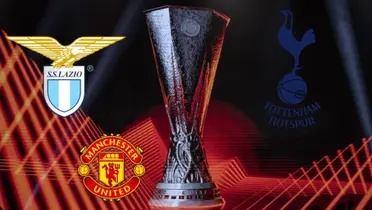How can a club's board strengthen the bond with its fans? Key strategies for success
The invisible bridge: Strengthening the board-fan relationship in english football
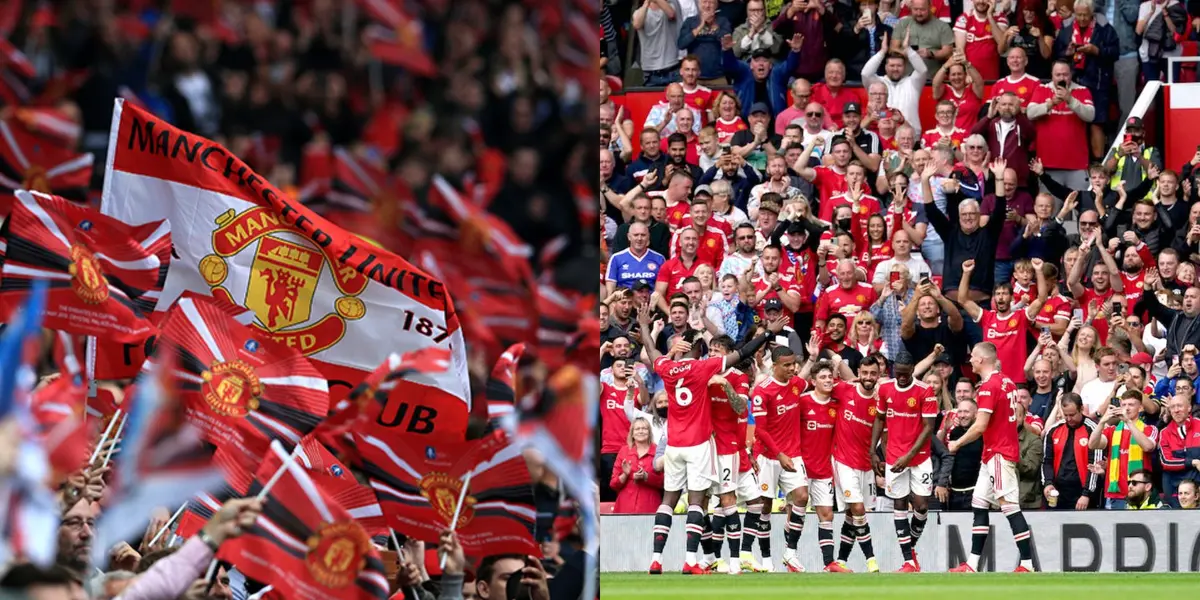
In the beating heart of English football, where passion intertwines with tradition, a crucial question emerges: the consolidation of the bond between the board and the fans. This link, often invisible but always present, defines the identity and future of a club. In a sport that thrives on emotions and loyalties, a board's ability to genuinely connect with its supporters transcends victories on the field, becoming the foundation of a united community.
The modern era of football, with its commercialization and globalization, has posed unprecedented challenges to this relationship. The distance between the offices and the stands may seem insurmountable, but it is precisely in this context that effective communication and transparency stand as fundamental pillars. We, as observers and narrators of this sport, have witnessed how clubs that prioritize this bond thrive, while those that neglect it face disaffection and discord.
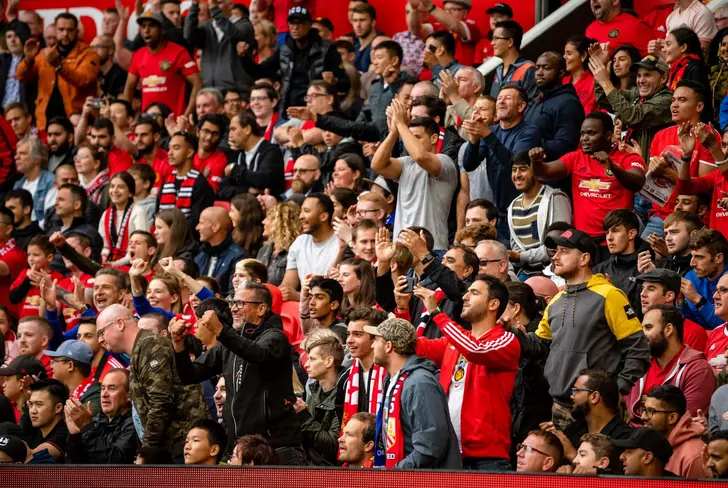
Transparency as a common language: Breaking down walls of distrust
Transparency is not just a buzzword in the world of football; it is an ethical and strategic imperative. Fans deserve to know the decisions that shape the destiny of their club, from transfer policies to long-term development strategies. The publication of clear and accessible financial reports, the holding of informative assemblies, and the opening of direct communication channels are essential steps to build a relationship based on mutual trust.
In our experience, we have found that a lack of transparency generates suspicion and fuels speculation, creating a toxic environment that harms both the board and the fans. On the contrary, when a club openly shares its plans and decisions, even in difficult times, the sense of belonging is strengthened and unconditional support is fostered.
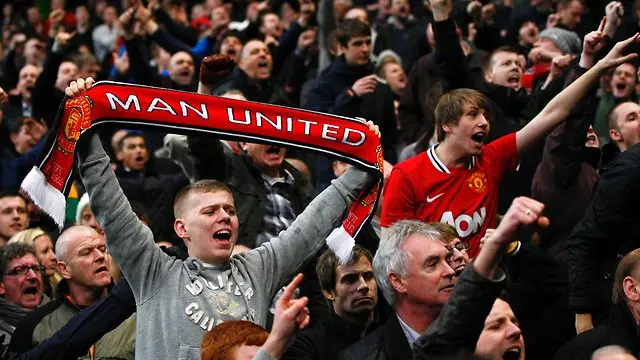
The voice of the fans: Listening and acting accordingly
Fans are not mere spectators; they are the soul of the club. Their opinions, concerns, and suggestions are a valuable resource that the board must take advantage of. The creation of debate forums, the carrying out of surveys, and the appointment of fan representatives in decision-making bodies are mechanisms that allow this voice to be channeled and turned into action.
We have witnessed how clubs that implement these practices achieve greater cohesion and a more deeply rooted sense of community. When fans feel heard and valued, their commitment is strengthened, and a collaborative environment is created that benefits all parties.
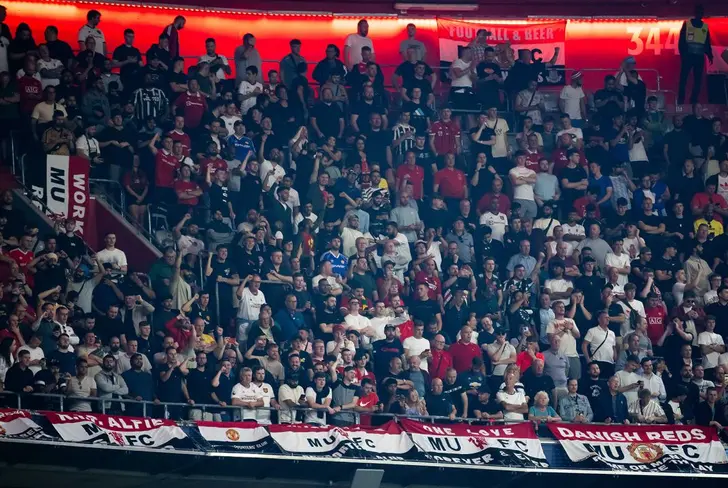
Shared experiences: Weaving bonds through feeling
Football is much more than a game; it is a shared experience that transcends borders and differences. The board has a responsibility to create spaces and events that foster interaction between fans and the club. Open training days, organized trips to away matches, and events with players are opportunities to create unforgettable memories and strengthen the sense of belonging.
- Open training days to the public.
- Meet and greets between players and fans.
- Organized trips to away matches.
- Charity events with the participation of players and directors.
- Creation of spaces for coexistence in stadiums.
The impact of social initiatives: A club committed to its environment
A football club is not an isolated entity; it is part of a community and has a responsibility to contribute to its well-being. The implementation of social and educational programs, collaboration with local organizations, and support for charitable causes are actions that demonstrate the club's commitment to its environment and strengthen its public image.
Football is constantly evolving, and the board must adapt to changes to maintain the interest and loyalty of fans. The use of new technologies, the creation of attractive digital content, and the personalization of the fan experience are key strategies to connect with new generations and ensure the future of the club.
In short, building a solid bond between the board and the fans is a continuous process that requires effort, dedication, and a genuine willingness to dialogue. Clubs that understand the importance of this relationship and prioritize it in their management are better prepared to face the challenges of modern football and build a prosperous future.
What you should know about the board-fan relationship:
- Transparency is the foundation of trust.
- Active listening strengthens the sense of belonging.
- Shared experiences create unforgettable memories.
- Social initiatives demonstrate the club's commitment.
- Innovation ensures the future of the relationship.
More news

The Numbers Don't Lie: Casemiro's Dominance Returns
31/03/2025

United's Dream Pairing: The Duo Fans Are Eager to See
31/03/2025

Hojlund's Fate: Will He Stay or Leave Man United?
31/03/2025

Højlund's Plummeting Value: A Cause for Concern at Man United
31/03/2025

Giggs' Misjudgement: Depay's Free-Kick Hopes Fall Flat
31/03/2025

Man United's Summer Clearout: Players on the Chopping Block
31/03/2025

Financial Divide: Man United's Value Dwarfs Olympique Lyon's Squad Cost
30/03/2025

Onana Exit Rumors Swirl: How the Goalkeeper Is Responding
30/03/2025

Eriksen breaks the silence about the rumors of not renewing
30/03/2025

World-Class Player Available: Romano Reveals Transfer Bombshell
30/03/2025

Ugarte's Premier League Insight: Key Differences From Ligue 1 Revealed
30/03/2025

Garnacho Outshines Salah and Haaland: A Stunning Statistical Triumph
29/03/2025

Ekitike's Staggering Stats: Why Man United Are Keen
29/03/2025

Beyond Legends: The United Player Who Rewrote Investment History
29/03/2025

Manchester's Goalkeeping Giants: Who Reigns Supreme?
29/03/2025

Fernandes' Fortune: Unveiling the Price Tag of United's Captain
29/03/2025

The Manchester United jewel that was rumoured for Barcelona ended up in an exotic league
29/03/2025

Father's Faith Pays Off: 100 Pound Bet on Son's United Debut
29/03/2025
